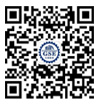Recently, the 2024 Annual Meeting of the American Education Research Association (AERA) took place, SOE PhD candidate QIAN Jiali, and master’s candidates NI Li, ZHANG Huilin, and ZHOU Yun in attendance and presenting. The conference was held from April 11-14 in Philadelphia, Pennsylvania, USA, under the theme “Dismantling Racial Injustice and Constructing Educational Possibilities: A Call to Action”. AERA is a prestigious conference in the field of education, and the 2024 Annual Meeting attracted more than 14,000 participants from around the world.
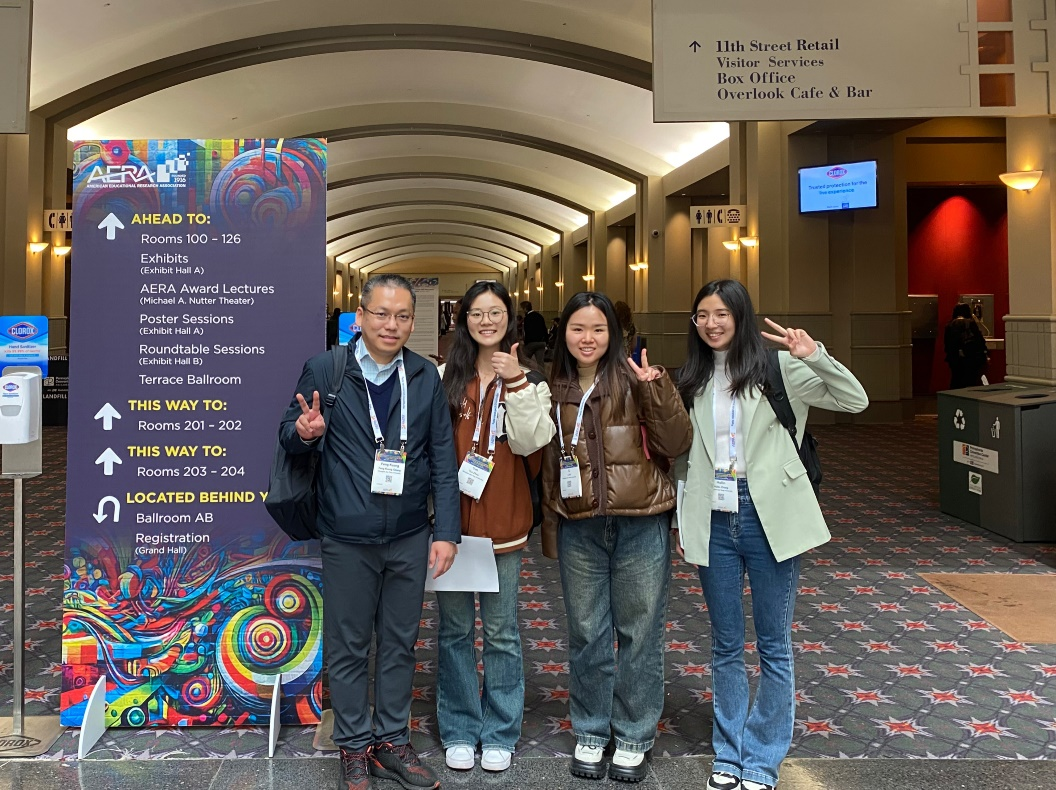
QIAN Jiali, a PhD candidate from SOE,participated in a roundtable conference organized by SIG-Research on Education and Sports titled “Balancing Act: Exploring the Interplay Between Sports, Academics, and Educators”. At the conference, she shared her research findings from the study “Physical Activity vs Academic Performance: Confrontation or Common Development?” The study utilized a parallel mixed-methods approach to explore the impact of the allocation of time and energy in physical activities on college students’ academic performance. From a quantitative perspective, the study analyzed the relationship between the duration of physical activity, energy expenditure, and students’ GPA through surveys. Qualitatively, it focused on 20 college students who regularly engage in physical activity, examining the specific impact of physical activities on their academic performance. The results indicated that appropriate physical activity not only does not undermine academic performance but actually enhances students' learning capabilities and efficiency. Properly scheduling time for physical activities helps improve time management skills and physical health, thereby boosting long-term academic efficiency. Additionally, physical activities strengthen students' self-confidence, foster the formation of learning community, and enhance cognitive abilities, all of which positively translate into better academic results.
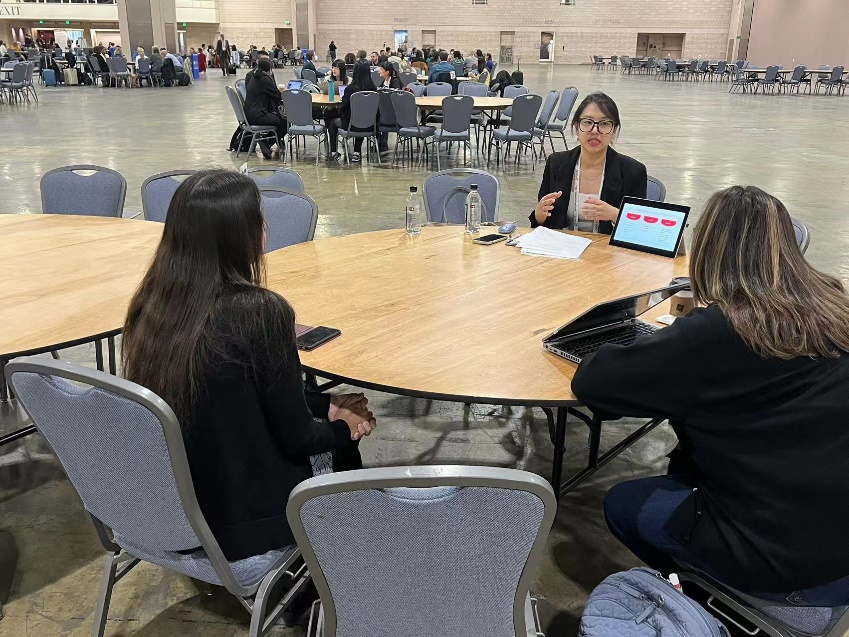
NI Li, a master student from SOE, gave an oral presentation named “The Manifestation of CreativeThinking in Chinese Mathematics Textbooks for Senior High Schools” in a Paper Session titled “Role of Curriculum & Instruction for Math Learning”. The study was conducted under the guidance of Dr. MA Yue. Creative thinking is considered as an important higher order thinking skill which plays an important role in mathematics learning. Many countries have proposed the cultivation of creative thinking in senior high school mathematics curriculum standards such as Australia, America, Singapore, Israel, and China. As the most basic and important teaching resources, textbooks are important in assisting teaching and learning. However, little is known about how creative thinking is manifested in mathematical textbooks and how to develop student mathematical creativity through tasks from textbooks, particularly for Asian countries where curriculum reform emphasizing fostering creativity is underway. Therefore, the purpose of the present study is to explore how mathematical creative thinking is manifested in the Chinese senior high school mathematics textbooks, and the results may provide insights into the kinds of learning opportunities that are available to students in China.
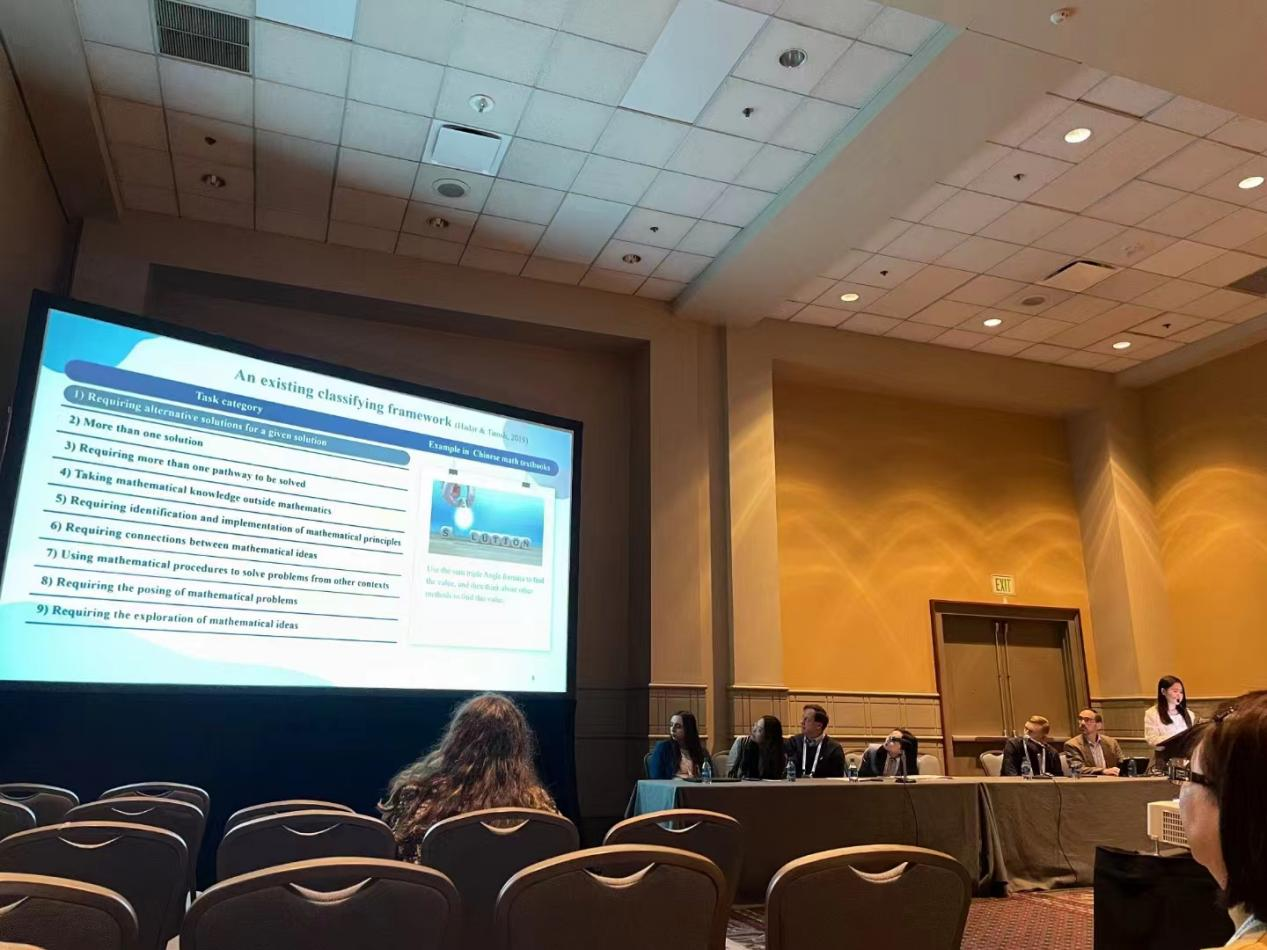
ZHANG Huilin, also a master student, participated in the sub-forum “Explorations in Student Motivation, Self-Efficacy, and Educational Outcomes”, and gave a presentation entitled The influence of the discrepancies between educational expectations and academic performance on subjective The well-being report. The study was conducted under the guidance of Dr. MA Yue. Discrepancies between students’ academic expectations and academic performance are increasingly common. However, few studies have explained the reasons behind it and the impact on students particularly for Eastern countries such as China. The purpose of this study was to explore the current status of the discrepancies between student educational expectation and academic performance, and further examine the predictors and outcomes associated with it. Results indicated that the individual factors, the family factor, and the teacher factor all contributed to the discrepancies. Moreover, the discrepancies are positively associated with students’ subjective well-being. Students’ beliefs in effort play a positive mediating role in the process. This study highlighted the importance of high expectations and might suggest directions for educators’ teaching practice.
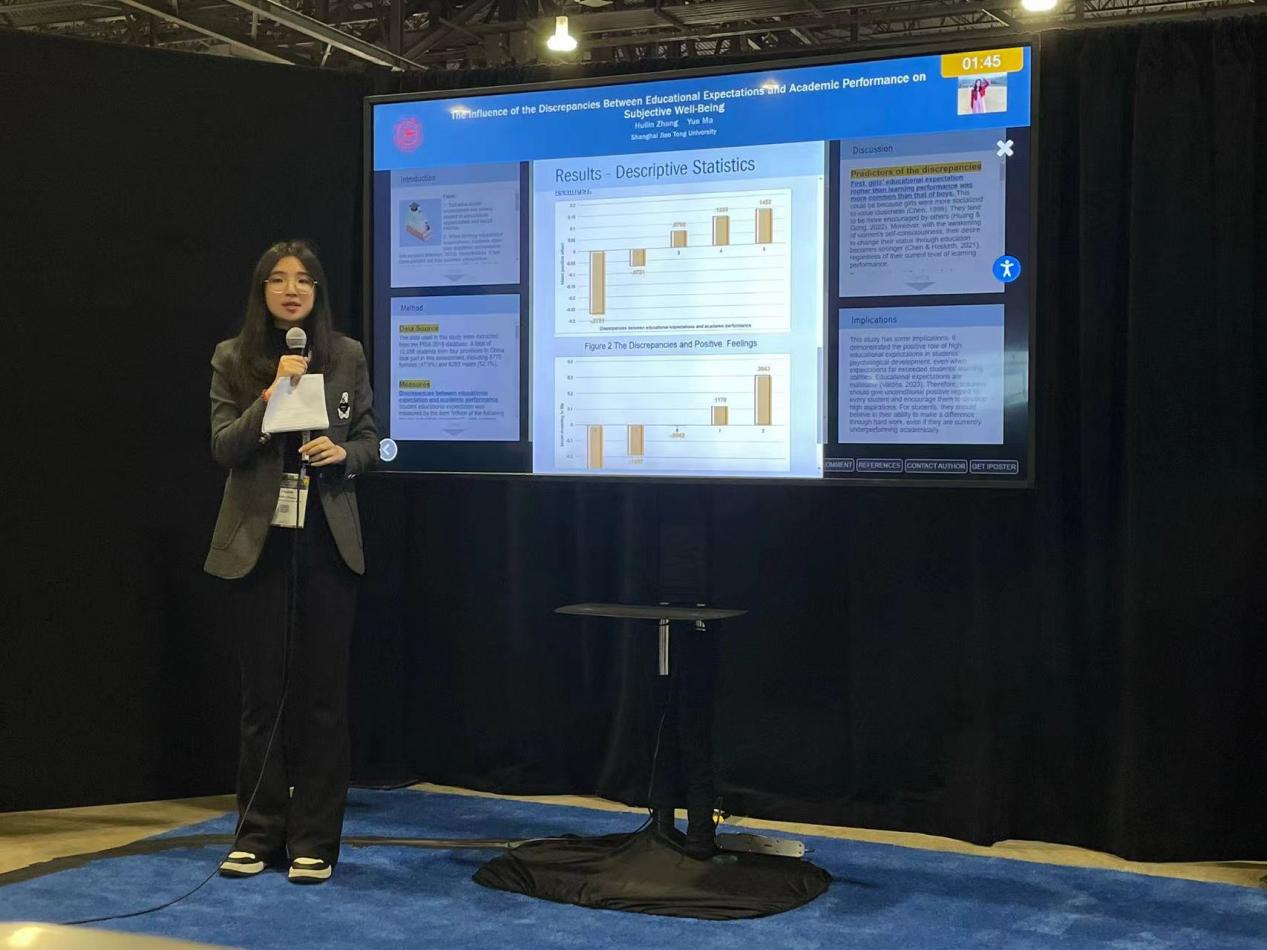
In the “Promoting equity and exploring inequity in education” poster session, ZHOU Yun, SOE master student, presented a paper entitled “Effects of Ethnic Diversity on College Students’ Academic Performance: A Natural Experiment”. The study was conducted under the guidance of Professor CHIANG Feng-Kuang and researcher LIU Ziming from Zhejiang University. This study examined the effects of ethnic diversity in dormitories on the academic performance of college students. Through a natural experiment, the study collected and performed regression analyses on the data on the grades of students (N = 20,417) from a university in East China. The result shows that Han students with minority roommates scored 0.397 points higher (P < 0.01) than did those without minority roommates. Moreover, the heterogeneity analysis revealed that the effects of ethnic diversity vary over time and by course type and student subgroup. These empirical results support the positive effects of ethnic integration on academic performance.
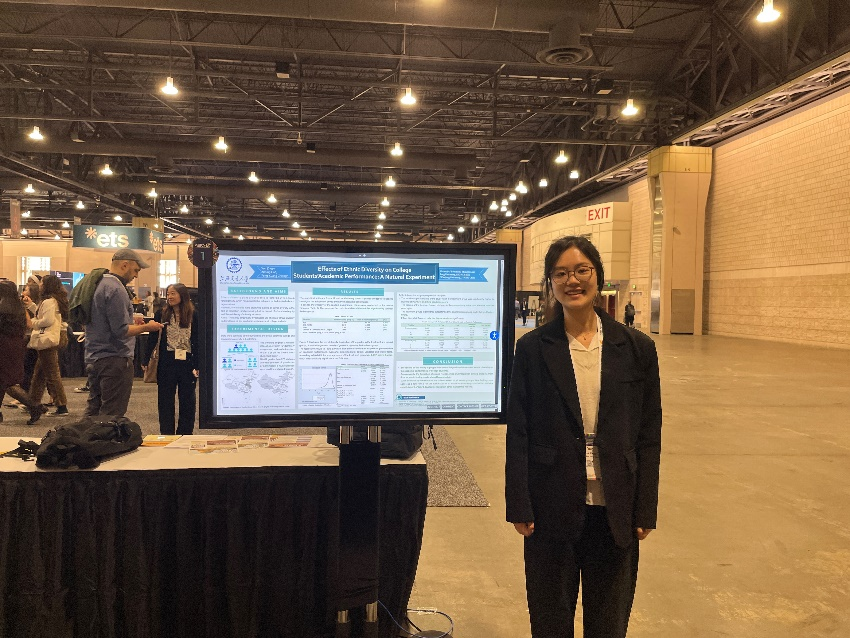
Written by ZHOU Yun, QIAN Jiali, NI Li and ZHANG Huilin
Proofread and Edied by CHEN Ruoxi







